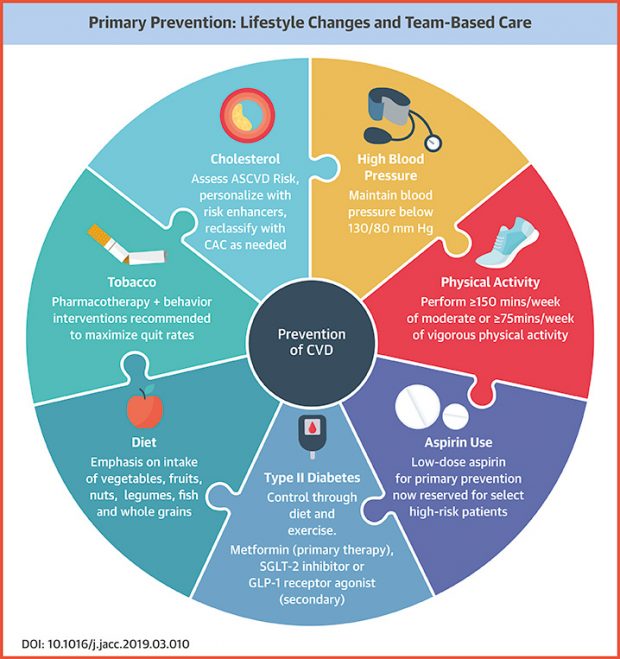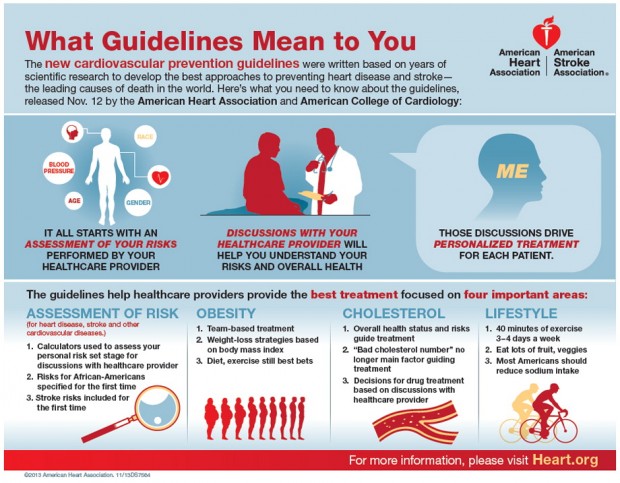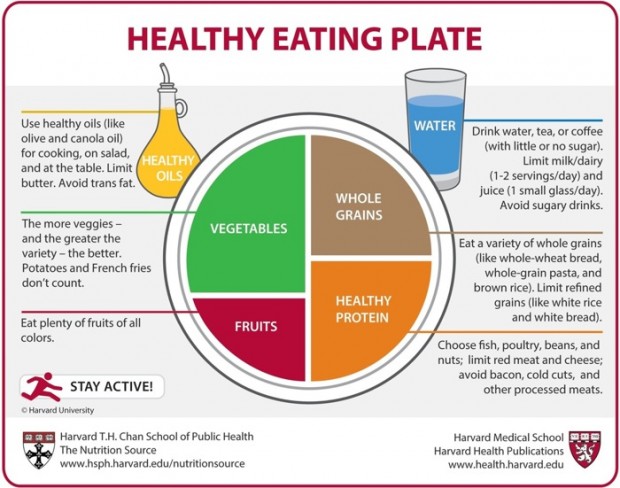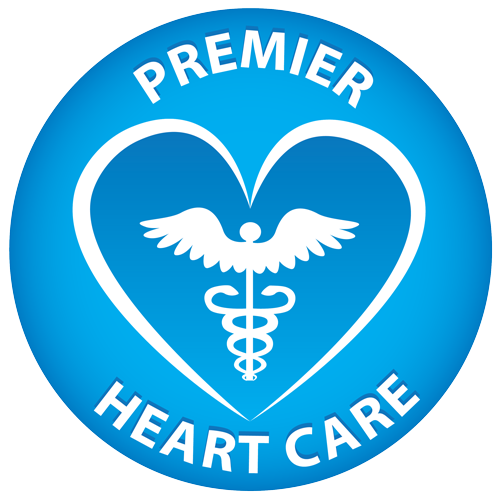What are the risk factors for heart disease?
- Overweight is defined as a body mass index over 25.
- Obesity is defined as a body mass index over 30.
- Morbid obesity is defined as a body mass index over 40.
- Hypertension (Stage II) is defined as a BP greater than 140/90 mmHg.
- Pre-hypertension (Stage I) is defined as a BP 139-139/80-89 mmHg.
- Diabetes Mellitus is defined as fasting blood glucose >126 mg/dL or A1C >6.5 %
- Pre-diabetes is defined as fasting blood glucose 100-125 mg/dL or A1C 5.7-6.5%
- Hyperlipidemia or High Cholesterol is defined as Total Cholesterol > 220 mg/dL or LDL Cholesterol > 140 mg/dL
Are you at risk for heart disease?
If you do NOT have coronary artery disease, you can use risk assessment tools to calculate your 10-year risk for developing coronary artery disease (CAD) or its complications. If your risk is low then no further intervention is required. If your risk is between low and high, then Coronary CT calcium scoring may provide additional useful risk assessment.
How can you prevent heart disease?
If your risk is high, you can reduce the likelihood of heart disease or its complications over the next ten years by learning about lifestyle changes and modifying existing cardiac risk factors. This is called primary prevention. A physician or cardiologist can recommend specific preventive measures (including medications) based on your risk assessment.
Getting help to manage your risk
Some patients have the knowledge, motivation and ability to alter their lifestyle and reduce their risk on their own. Many patients however require professional help.
A dietician can help you understand the nutritional needs for you and your family and develop the appropriate diet or meal plan. Healthy nutrition is important for preventing and treating obesity, hypertension, hyperlipidemia, coronary artery disease and heart failure.
An exercise physiologist can facilitate your journey to cardiovascular fitness by assessing your current fitness level, establishing goals and supervising the exercise program recommended by your physician. While exercise is essential for heart health, one should also be conscious of how the heart responds to exercise.
What is secondary prevention?
Patients who are known to have heart disease should have their diagnosis confirmed and be informed of the measures recommended to improve quality of life and prevent long term complications. This is called secondary prevention. Patients recovering from heart attacks, heart failure, angioplasty or cardiac surgery may benefit from a structured cardiac rehabilitation program.
Learn more:








